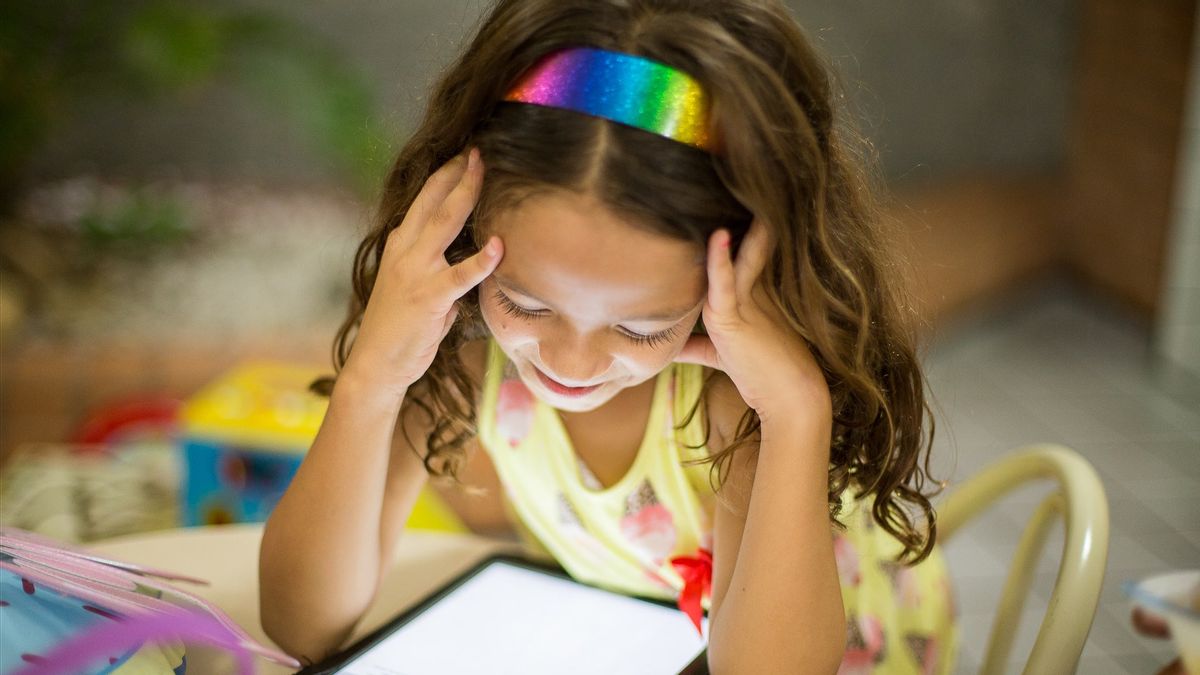JAKARTA - According to experts, parenting is a control from parents to their children to guide, protect, and assist in carrying out tasks in the development process. Diana Baumrind, wrote that there are 3 most basic forms of parenting.
The first is authoritarian parenting which tends to limit it by giving punishment. Second, democratic or authoritative parenting that is positive and supports children to be independent. The third parenting style, permissive, gives children freedom of choice even without supervision.
Permissive parenting does not pay attention to the child's developmental phase as well as considering the capital of knowledge when dropping on a choice. Although on the one hand this parenting style is positive, there are negative impacts if it is practiced without proper boundaries.
Reported by Talk Parenting, Saturday, September 4, permissive parenting is characterized by low demands with high responses. For example, few rules to direct and love their children so much that they don't provide any disciplinary rules.
The negative impacts of permissive parenting include the following.
1. Educate children to be less disciplinedAlthough permissive parenting is based on love for children, because it provides inconsistent rules and standards of behavior that are not steady, awareness for discipline is not formed through daily habits.
For example, children are left to play all day without reminding them to eat lunch, take a nap, or help their parents, to do schoolwork.
2. Children do not understand how to struggle to get achievementsPermissive patterns often free children, do not provide discourse and expectations. Moreover, giving small targets in his life, for example getting good grades in the subjects he likes.
Therefore, children do not understand how to fight for achievement. Furthermore, it can affect the difficulty of making decisions when he solves a problem.
3. Low emotional intelligenceEmotional intelligence is concerned with how to control emotions and release emotions in the right way. If emotional intelligence is low, children can be angry with destructive attitudes, such as slamming, being rude, or breaking things at home.
When a child is released without any provision on how to properly control and release emotions, it has a bad effect on his emotional balance.
4. Lack of sense of responsibilityGiving children freedom is good, but they need to be provided with sufficient rules and knowledge. In order to fulfill responsibilities, one also needs to know what the limits are and what the goals to be achieved are.
Well, considering the effect is too 'soft' to give rules will also be bad, it is necessary to make a deal with the child. If the child has started to be independent and is able to be invited to discuss, try to make rules together and obey them together.
Also explain what the consequences are if you break the rules. What is certain is consistency, balance of rules and support, additional skills, and understanding the child's feelings.
The English, Chinese, Japanese, Arabic, and French versions are automatically generated by the AI. So there may still be inaccuracies in translating, please always see Indonesian as our main language. (system supported by DigitalSiber.id)













